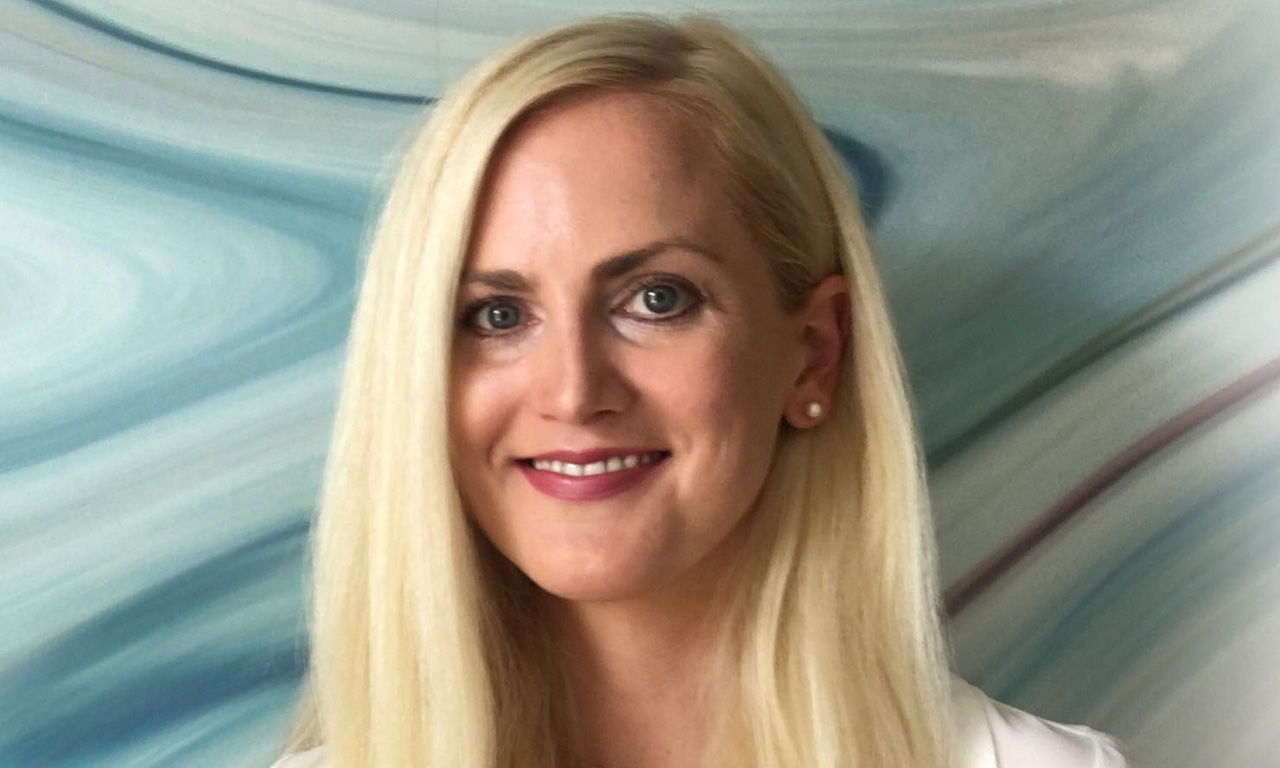CV: Dr. Jessica Widdifield
Bio basics: A scientist in Evaluative Clinical Sciences and the Holland Musculoskeletal Research Program at Sunnybrook Research Institute (SRI). Completed her undergraduate degree at the University of Guelph, her PhD at the University of Toronto’s Institute of Health Policy, Management & Evaluation, and a postdoctoral fellowship at McGill University and the Institute for Clinical Evaluative Sciences (ICES). Born in Sault Ste. Marie, Ont. and raised near Sudbury, Ont. Joined SRI in September 2017. Has lived in Toronto, Ont. since 2006.
How did you become interested in research?
The great thing about research is it’s always evolving and it’s dynamic; it’s continued learning. Research methodology is always improving, and you’re constantly advancing skills and gaining knowledge. I love the collaborative opportunities where we use evidence to improve practice, policy, care and the lives of patients!
What is your research focus?
I evaluate the health care system to understand whether physicians are providing care appropriately and to identify gaps in care. I also help to develop strategies and tools to support physicians in optimizing care, and to understand whether we have the resources to manage patient populations. The goal of my research is to optimize the evaluation, care and outcomes of patients with musculoskeletal [MSK] conditions. I work with an interdisciplinary team of rheumatologists, orthopaedic surgeons and primary care physicians. One of my central goals is to improve the primary care-specialist interface for patients with MSK conditions.
Why have you chosen to frame your research around MSK conditions, specifically arthritis?
Musculoskeletal conditions like arthritis are a leading cause of disability and have one of the largest impacts on population health in terms of death and disability. The burden is increasing. The aging demographic is not properly managed, and there aren’t enough care providers. Canadians with MSK conditions face unacceptably long wait times and variations in care, which result in suboptimal outcomes, increased costs and reduced quality of life. Innovation is needed to transform the system.
What are you working on?
At the moment, I’m working on grants for a couple of projects centred on using real-world data sources—electronic medical records and administrative data sources—to understand better how patients are being cared for and how physicians can be better supported with innovative tools to provide better care.
What drew you to SRI?
Because my research is predominantly based out of ICES, which is on the Sunnbyrook campus, the proximity drew me here. [laughs] I felt like I’ve always been here. I’ve been so fortunate at ICES to have worked in one of the best environments, and I wanted to stay close to ‘home.’
You’re very fresh to SRI. What do you enjoy about it most thus far?
I would say the overall atmosphere and the collaboration it fosters. There are multidisciplinary collaborations across departments, and I really like that. There’s potential to do even more moving forward. My research bridges rheumatology, orthopaedics and primary care, and I’m really hoping that being here will help strengthen the research across those domains. As patients navigate through the health care system and interact with multiple care providers, it’s very important that we work together to improve care across the care continuum.
What would you say some of your biggest accomplishments are to date?
I won a Banting Award [the most prestigious Canadian Institutes of Health Research (CIHR) award for postdoctoral fellows] in 2013. That was pretty big. Only 23 awards are given out per year for clinical research. That was important, especially because arthritis is never a priority for funding agencies. It was such a privilege to receive fellowship funding to further my training in arthritis health research.
The beginning of this year, I won the Arthritis Alliance of Canada Postdoc Fellow Prize, which is sponsored by CIHR. Only one award is distributed per year in Canada, so it was exciting to be recognized by my peers.
The thing with awards in research, though, is that it looks like the individual is getting the award when that’s not an accurate reflection. Awards are always shared accomplishments across the team. The strong mentorship and collaborative research environment I had at ICES, McGill and U of T allowed me to do well. Also, joining SRI is a big accomplishment. I am very thrilled to be here!
How do you unwind after a long week of work?
I regenerate by going outside. I spend a lot of time in the park. I have a very active dog, so I play a lot of Frisbee. She’s an English Setter named Harlow. She’s really athletic, so she needs to run a lot.
What were some careers you considered before you decided to become a researcher?
A comedian! No, I’m kidding. Actually, everyone who knows me thought I was going to go into veterinary medicine, but I didn’t like the business aspects of it. Maybe if we had universal health care for animals my career trajectory would have been different. [laughs] I had some fun jobs during undergrad, one of which was working at a wildlife refuge centre in Northern Ontario, where my ‘patients’ included moose, bears, racoons, you name it! I also worked at a research facility in a remote area of Australia where I was able to work with dolphins. Both of those jobs were very rewarding.
Aside from research and science, what are some of your interests?
Travel, even though everyone says it. When I’m traveling, I like to go without a plan and get lost in cities, just walk out of my hotel room and see where I end up. I like to go scuba diving. I love diving with sharks. My desktop background is an image of sharks. [laughs] I like live music, too. The last band I saw play was Arkells.



